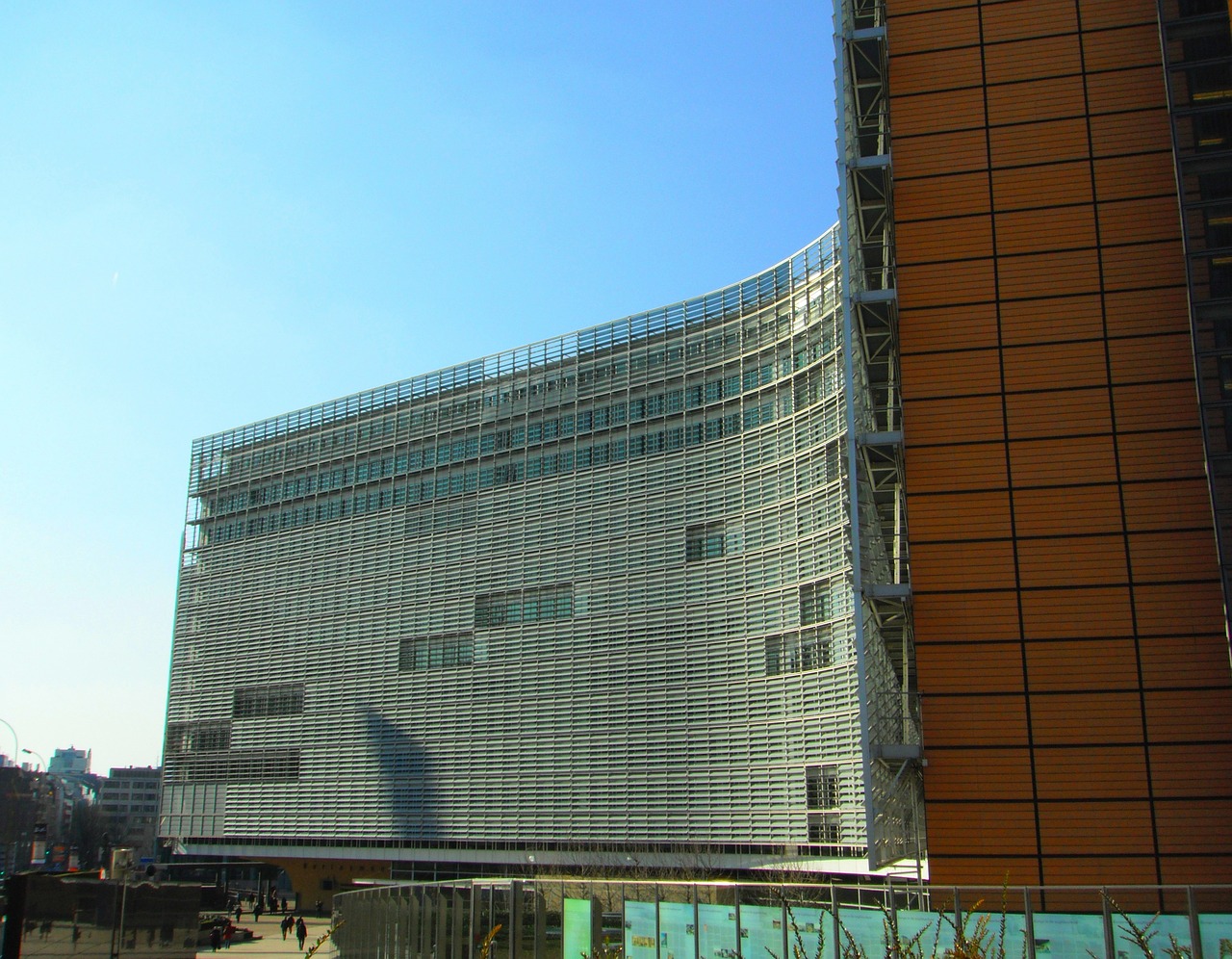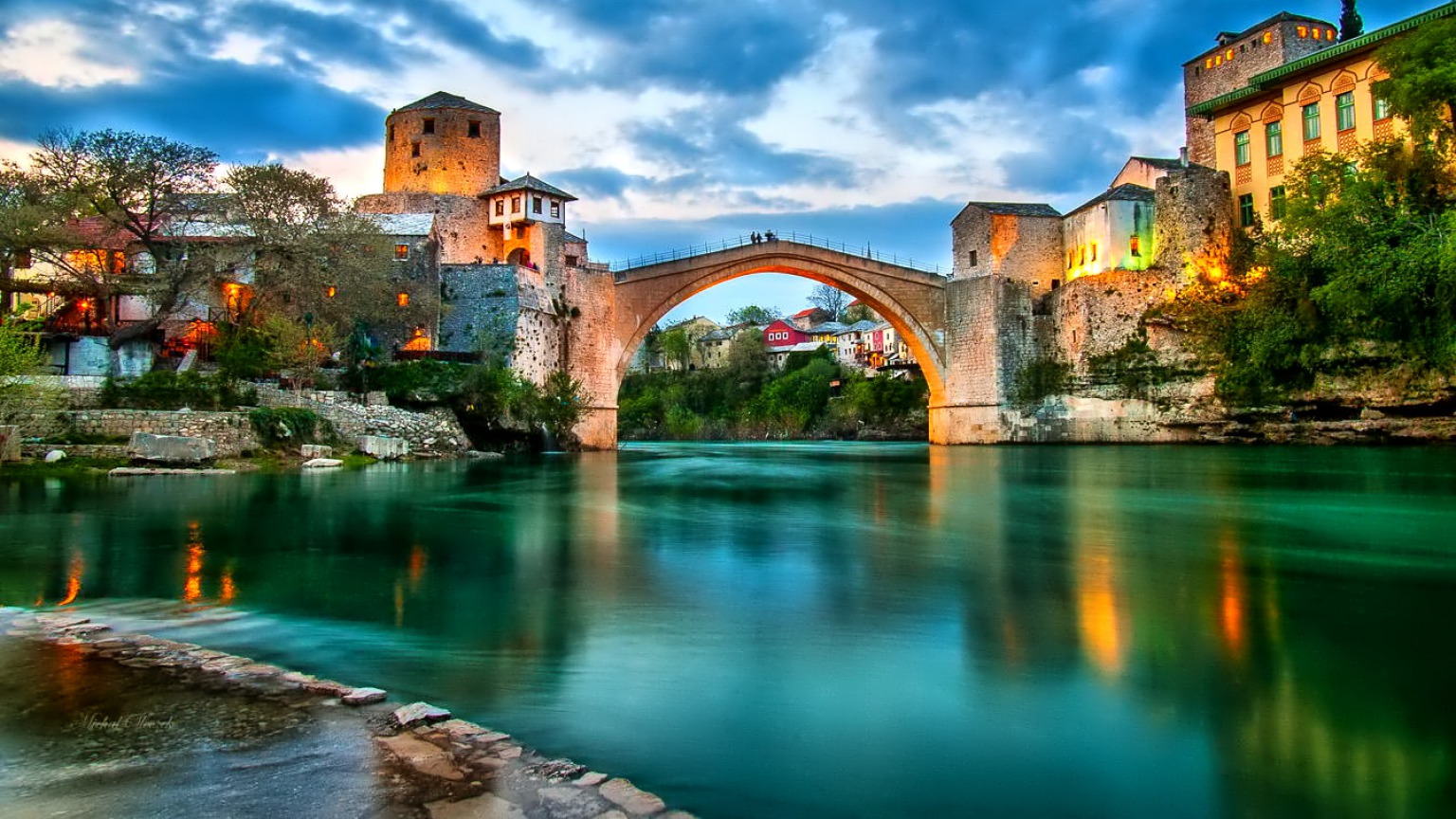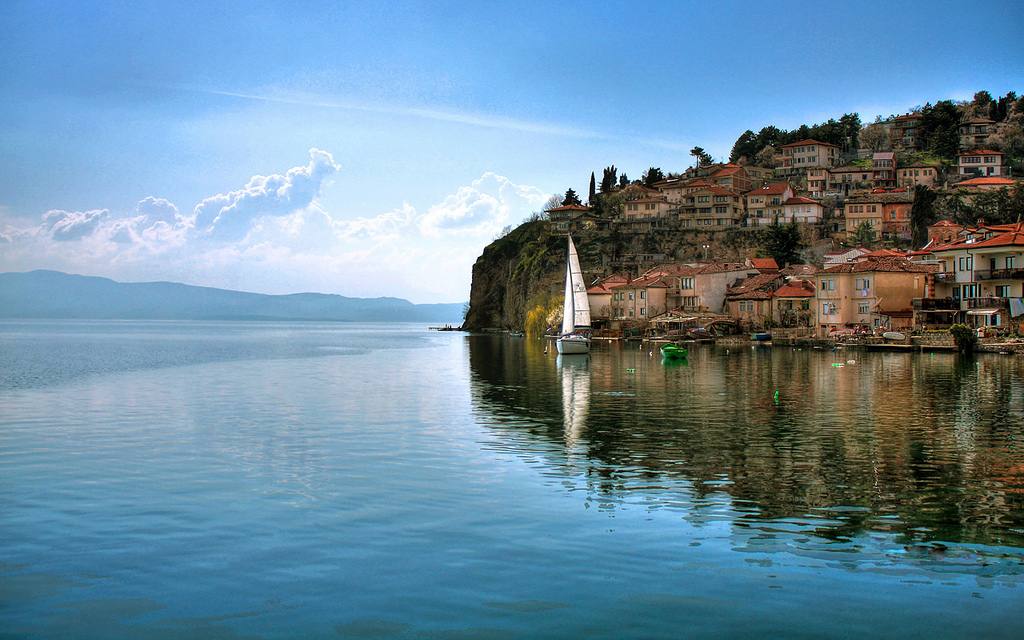Political Commission: What can we learn from the past and what does the future hold?0
- Analysis, EU Governance and Politics
- 05/11/2014
On 1st of November 2014, the new European Commission with Jean-Claude Juncker as President started its mandate. Among the first public events Mr. Juncker chose to attend are the presentation of Helmut Kohl’s book in Frankfurt and a debate with former Commission President Jacques Delors. The two people he decided to meet have, along with Francois Mitterrand, marked the process of building the Economic and Monetary Union (EMU) in the 1990s. This process is known to be characterized by the strong influence of the Franco-German engine of EU integration and the European Commission with a strong leader, Jacques Delors. I believe most of us can agree that in the meantime, we had three Commission Presidents that hardly left a mark.
READ MORE







